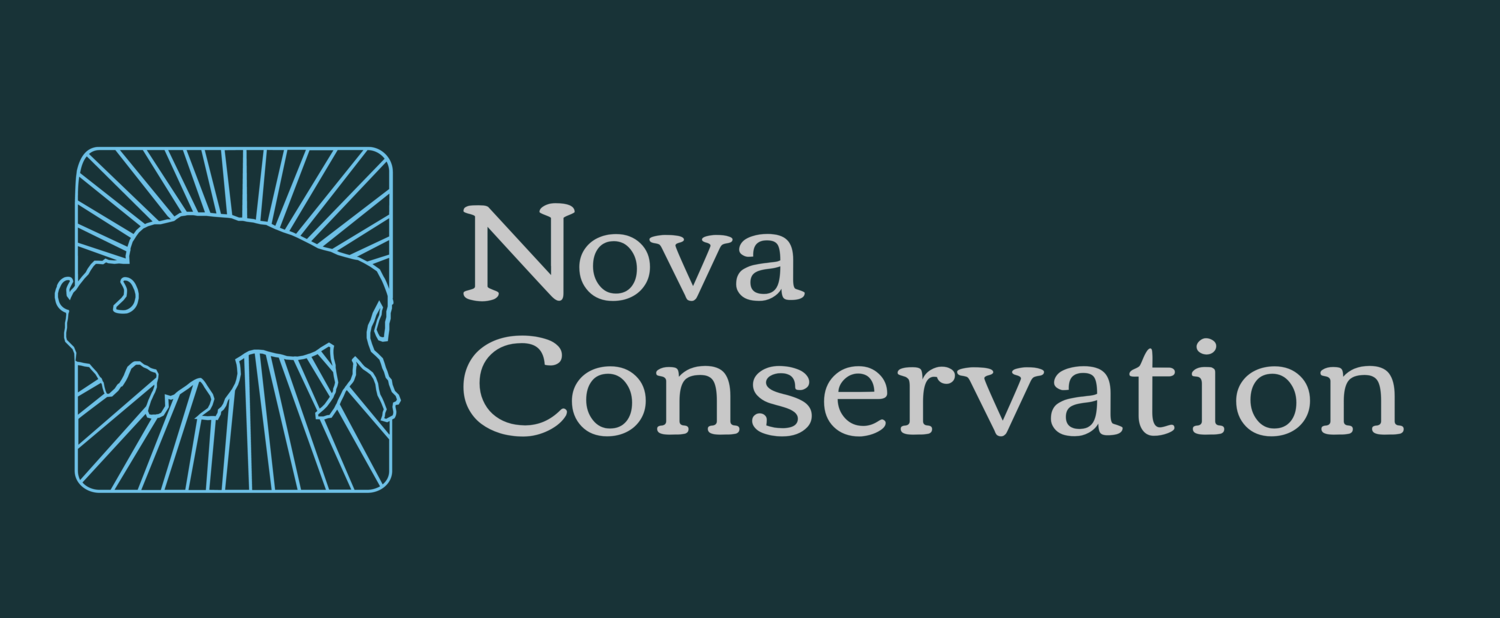Field Friday Spotlight: Monkeying Around With Natasha Bartolotta
It’s not everyday you meet a person who has mucked through the swampy forests of Indonesia to follow orangutans. Or someone who had to catch chimpanzee pee using a “pee stick” throughout Uganda. Or how about someone who documented calls of forest elephants and tracked how close they could get to zebras in Tanzania for a research study?
Meet biologist and conservationist Natasha Bartolotta. She has done all of the above.
Natasha is the handler of a two-toed sloth named Bean!
Currently, she works at a local zoo as a conservation educator, educating the public about wildlife conservation. However, after studying orangutan gesture use to understand great ape multimodal communication, she aspires to be a research manager for the Gunung Palung Orangutan Project.
How does one possibly sum up their experience in one sentence? Natasha has it perfected: “I’ve been peed, pooped and thrown up on by animals across the world.”
As a biologist, I can say with little to no sarcasm, that this sounds like the life!
Read more about her experiences as a wildlife biologist in this interview with Nova Conservation and if you stay till the end- she gives advice to future scientists!
Why do you think your work is important, especially to conservation?
Studying wildlife is important because knowing a species’s behavioral ecology aids in creating effective conservation plans.
I’ve spent time at two great ape field sites and both of these places also took part in educational outreach at elementary schools–something so important to inspiring a generation of new conservation leaders!
Pee bag on a stick is a fashion trend when studying chimpanzees.
Right now, I’m getting a new experience as part of the conservation education team at my local zoo. Even being at this small zoo has such a big impact, so many people come here to learn about all kinds of wildlife and how we can take daily actions to help them!
What is the best place you’ve traveled to, either for work or vacation? Why did you enjoy it?
I spent 17.5 months in the forests of the Gunung Leuser Ecosystem in Sumatra. This is one of the best places I have ever been. I spent many days watching wild Sumatran orangutans go peacefully about their day.
I loved spending my days in the forests, watching the antics of the little baby orangs and making new friends from around the world!
What’s a funny field story you want to share?
Oh boy, I have many funny field stories. One that comes to mind is a day spent following a young orangutan named Eden and her mom, Ellie.
Ellie and Eden swinging through the tree
It was just after 6:00 am and they had woken up and were eating a fruit buffet breakfast.
I was taking data on Eden and after typing some notes I looked up and wondered “Ok, where is Eden now?” Well, Eden let know where she was by pooping right on top of my head!
Instead of a real shower, my only option was to rinse my hair out in the swamp water, waiting until we got home after 7pm to fully clean the poop out.
If you could be any animal, what would you be? Why?
I would love to be a type of bird, so that I could fly for great distances! I can’t decide just what kind of bird though.
I would screech of excitement if I got to work with a cute owl like her! (Natasha holding an Eastern Screech Owl)
If you could give one piece of advice to a student wishing to become a conservation biologist or wildlife researcher, what would it be?
My advice to aspiring wildlife conservationists is to look for as many field opportunities as possible.
Natasha approaching zebras to test flight initiation.
Perhaps it’s a field course or an internship–take whatever you can find! The more experience you have, the better.
I’d also recommend trying research experiences on species that may not be the one you want to focus on in the future.
Often, people become very specialized by studying one species or one group of animals in their career.
Get the chance to work with what you can now. You may even find a new career passion, you never know!
To see all of Natasha’s research adventures and learn more about conservation work you can find her at the following places:
Website: beyondthebinoculars.com
Instagram @naturalistnatasha
YouTube @beyondthebinoculars
Thank you for sharing your work with us Natasha!
Forest elephants in Tarangire National Park.






